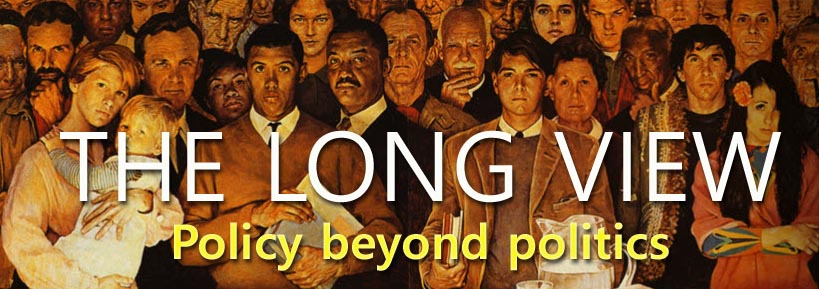A growing wave of unrest is pushing back silently against the campaigns for defunding police departments based on blaming the police for the growing violence against black lives and black communities based on charges of "systemic racism" that cancel any possible request for confrontation with actual data.
Scholar Heather McDonald has been for decades publishing such data, which reveals that over 80 percent of black lives are taken by black-on-black crime and -more critically- than most black community members want more and not fewer police to keep them safe from shootings and looting.
The last piece of evidence was provided by the parents of an actual victim of police abuse, Jacob Blake, who denounced publicly the looting and property destruction that destroyed Kenosha, Wisconsin property and businesses
This self-defeating campaign of protests during the pandemic has handed President Trump a winning card in the coming elections. Polls show that protests that work as a perfect cover for looting are overwhelmingly unpopular and play in the hands of President's Trump "law & order" campaign theme. Black voters are mostly moderates (43%). Also, white suburban voters are increasingly worried about the looting, arson, and violence of street protests.
Systematic violence against property across all major cities in the United States is the perfect argument for re-electing the current incumbent.
New York and Chicago are already reeling from looting, violence that challenges the rationalizations and denial of progressive rhetoric and fuel a mass exodus of millennials and tired liberal taxpayers to "law & order" cities.
War on cops is another self-defeating form of cultural wars. Reality will correct those who engage in them harshly.

